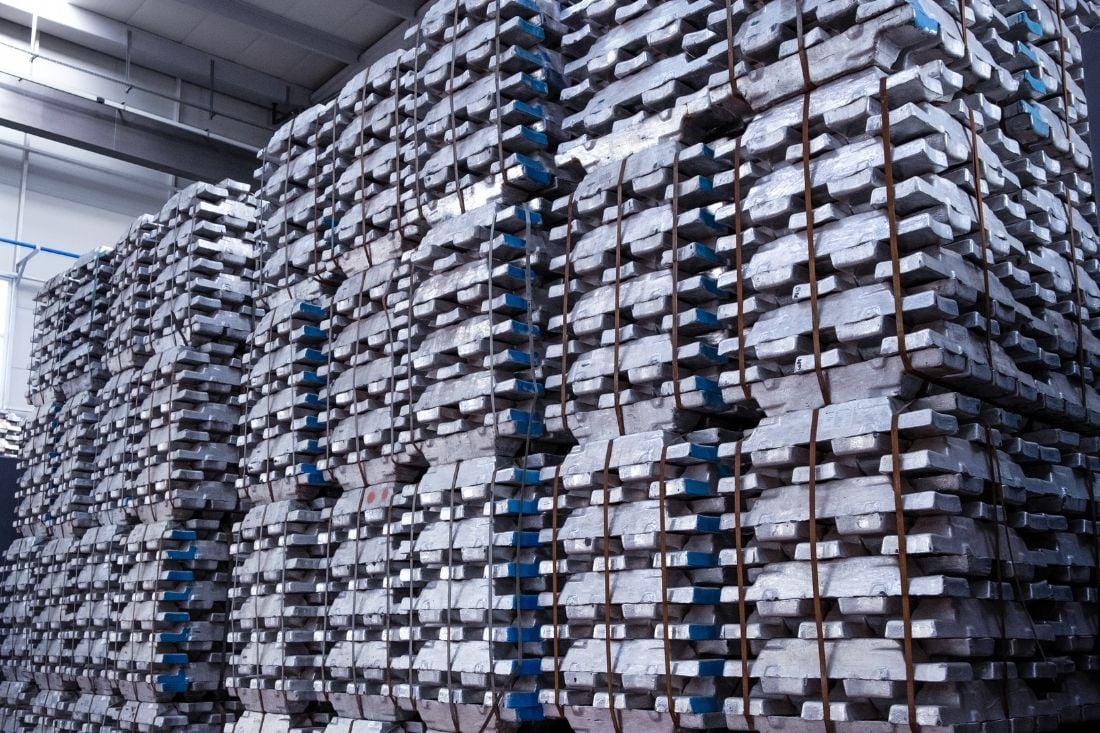Environmental Advantages of Aluminum
Discover the recyclability, energy efficiency and longevity of aluminum. Learn how this lightweight metal plays a critical role for a green future.

Aluminum is considered one of the basic building blocks of modern industry. The lightweight yet highly durable metal has become the material of choice for a wide range of applications thanks to its flexible handling characteristics. Industries ranging from automotive to aerospace, construction to electronics benefit from aluminum's unique properties. However, beyond its industrial popularity, aluminum's advantages in terms of environmental sustainability are also noteworthy. The role this metal plays in efforts to maintain ecological balance is of increasing importance.
The focus of this paper is to take an in-depth look at the environmentally friendly properties of aluminum and how these properties can create a valuable legacy for future generations. Its recyclable nature, contribution to energy efficiency and longevity demonstrate how aluminum plays a critical role in today's world where ecological sustainability is at the forefront. In this article, we will discuss the environmental benefits of aluminum, its industrial and ecological implications, and its potential future uses.
Content Suggestion: Aluminum: Properties and Diverse Applications
Recyclability of Aluminum
When assessing the environmental impact of aluminum, the metal's virtually unlimited recyclability comes to the fore. Aluminum is at the heart of the circular economy, providing an example of sustainable materials management. The process of recycling this metal requires far less energy than the extraction of raw materials. Recycling aluminum therefore both saves energy and contributes to the conservation of natural resources. This is particularly important in energy-intensive industries and in a world where natural resources are limited.
The use of recycled aluminum consumes 95% less energy compared to the production of new material. These energy savings contribute to environmental sustainability by significantly reducing the carbon footprint of aluminum. In addition, the carbon emissions generated during the recycling of aluminum are much lower than during primary production processes. This shows that aluminum plays a critical role in the fight against climate change and the transition to a low-carbon future. These properties of aluminum give it a central position in environmental sustainability strategies and make it an important material in the development of green technologies.
Energy Efficiency
Aluminum is a material that also stands out in terms of energy efficiency. Its light weight offers great advantages, especially in the transportation sector. Lighter vehicles mean less fuel consumption and therefore lower carbon emissions. This provides both cost savings and supports environmental sustainability. Particularly in the automotive and aerospace industries, the use of aluminum reduces the overall weight of vehicles and aircraft, improving fuel efficiency and reducing emissions. This is an important strategy in the fight against global warming.
Aluminum's properties as a good conductor of heat and electricity also play a key role in the design of energy efficient buildings and electronic devices. Its thermal and electrical conductivity makes it ideal for energy-saving appliances and insulation materials. For example, aluminum can be used in thermal insulation materials, improving the energy efficiency of buildings. This property also makes electronic devices smaller, lighter and more energy efficient. Thus, aluminum's contribution to energy efficiency makes a noticeable difference both in industrial applications and in everyday life.
Long Durability
Aluminum is a metal with superior corrosion resistance, which is especially advantageous in outdoor applications and corrosive environments. Industries ranging from marine to construction, automotive to aviation benefit from aluminum's durability. Aluminum's resistance to corrosion extends the life of products, requiring less maintenance and thus reducing overall costs.
The longevity of aluminum also contributes to sustainable materials management. Using products for longer reduces waste and optimizes the use of resources. This both reduces environmental impact and increases economic efficiency. This longevity of aluminum can play an important role in achieving sustainable development goals and help us leave less waste and more efficient resource use for future generations.
Aluminum: Key to a Sustainable Future
The environmental benefits of aluminum make it a material that makes it valuable not only in today's world, but also in tomorrow's. With its recyclability, energy efficiency and longevity, this metal is at the heart of both industrial applications and environmental protection efforts. Aluminum's role on the path to a sustainable future contributes greatly to preserving the ecological balance and reducing our carbon footprint. In the future, as more innovative uses of aluminum are explored, our potential to build a low-carbon, greener world will increase. The possibilities offered by this metal can play a key role in achieving sustainable development goals and help us move towards a cleaner, more livable environment.

